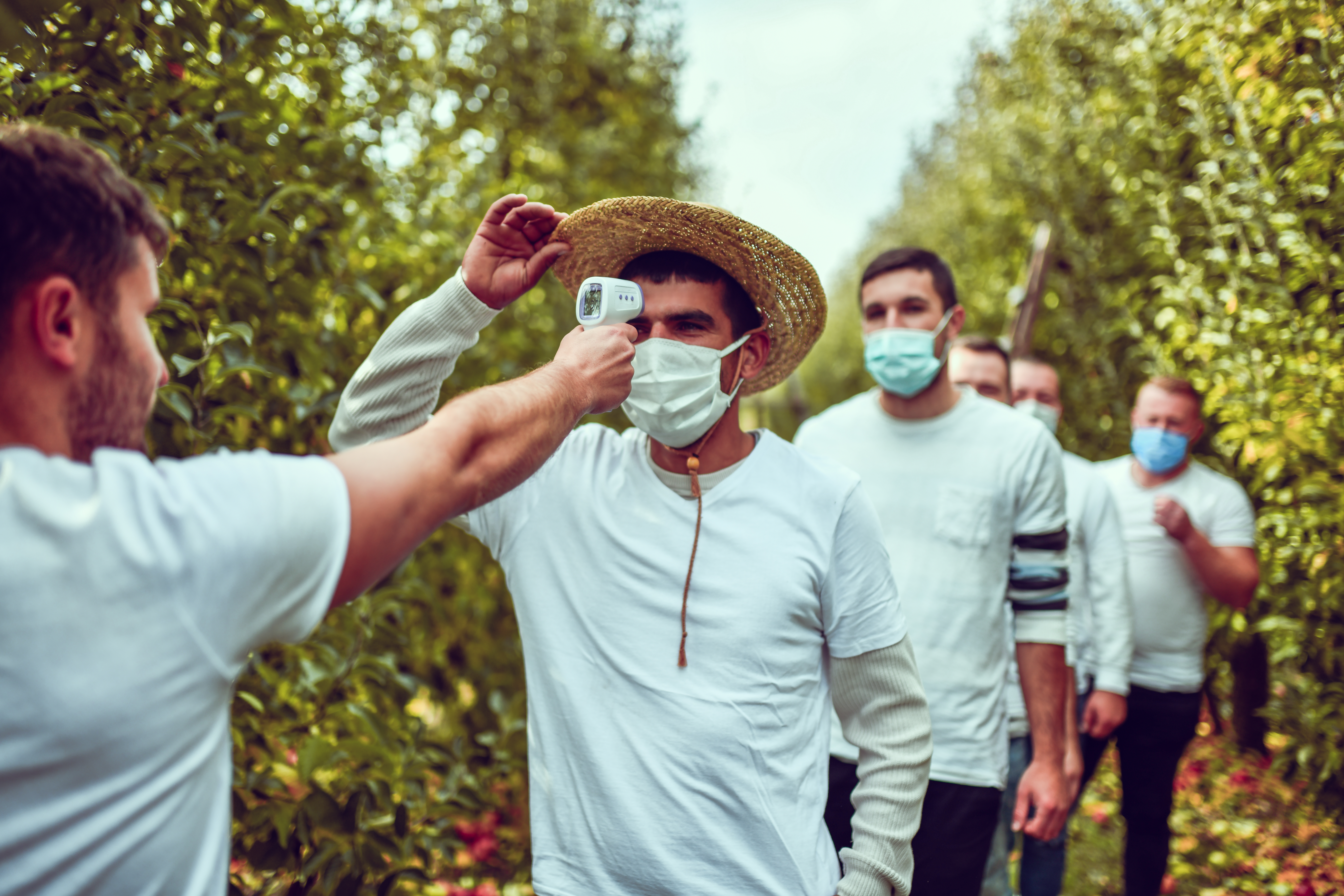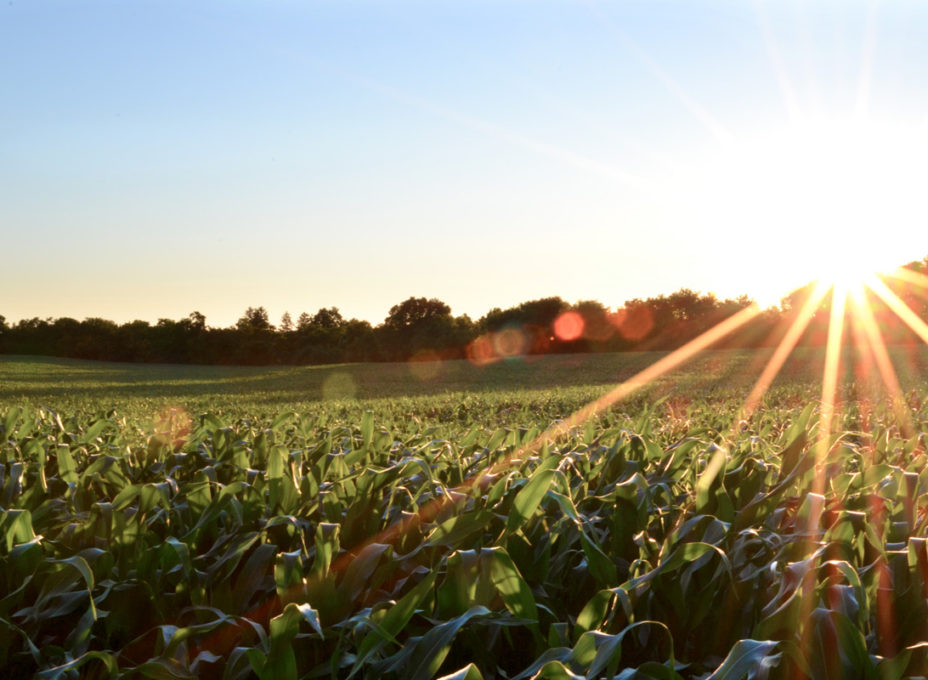The COVID-19 pandemic has transformed our world in profound ways, affecting every facet of society.
Among the many workers facing unique challenges during this crisis, farmworkers have emerged as unsung heroes, working tirelessly to ensure a consistent food supply while navigating the risks of contracting COVID.
In this blog post, we will explore the impact of COVID-19 on farmworkers, the challenges they face, and the steps taken to support and protect this crucial workforce.
The Essential Role of Farmworkers
Farmworkers are the backbone of the agricultural industry, responsible for planting, harvesting, and processing the fruits, vegetables, and grains that sustain us.
Their work is physically demanding and often conducted near one another, making them particularly vulnerable to the spread of COVID-19.
Additionally, farmworkers work in very secluded areas, so it may be difficult for government entities to enforce regulations implemented to protect farmworkers.
Challenges Faced by Farmworkers During the Pandemic
Health Risks: Farmworkers often work in close quarters, making it difficult to maintain social distancing. Many live in shared housing, further increasing the risk of transmission.
Lack of Access to Healthcare: Limited access to healthcare, especially for undocumented workers, means that some farmworkers may delay seeking medical attention, potentially worsening their condition if infected. Because of a lack of access to adequate healthcare, farmworkers may also seek alternative medicines to treat their illnesses, potentially causing their illnesses to become worse if they have fallen victim to misinformation online.
Economic Hardships: The pandemic has led to disruptions in the food supply chain, affecting farmworker income and job security. Some workers have faced job loss and financial instability, and some with pre-existing conditions may be discouraged from seeking employment. It isn’t easy for farmworkers to seek employment in a different industry for various reasons, including, but not limited to, legal status, language barriers, and lack of educational opportunities/credentials.
Language Barriers: Many farmworkers are non-English speakers, making it challenging to access critical information about COVID-19 and preventive measures.
Measures to Protect Farmworkers
Personal Protective Equipment (PPE): Providing farmworkers with PPE such as masks and gloves is essential to reduce the risk of transmission. Even a small bottle of hand sanitizer can prevent the contraction and even the spread of COVID-19 or other communicable diseases.
Testing and Contact Tracing: Implementing testing and contact tracing programs can quickly identify and isolate cases, preventing further spread.
Education and Outreach: Offering educational resources in multiple languages can help farmworkers understand viruses, preventive measures, and how to access healthcare. It can also prevent farmworkers from falling for misinformation that is spread easily online.
Housing Improvements: Upgrading shared housing facilities to enable social distancing and improved sanitation can reduce the risk of outbreaks and provide adequate facilities for proper hygiene.
Vaccination Campaigns: Encouraging and facilitating COVID-19 vaccinations among farmworkers is crucial to achieving herd immunity and reducing the virus’s impact on these communities.
Community Support and Advocacy
Several organizations and advocacy groups have played a vital role in supporting farmworkers during the pandemic. They have advocated for better working conditions, access to healthcare, and economic relief for this essential workforce.
Conclusion
Farmworkers have faced extraordinary challenges during the COVID-19 pandemic, ensuring that our food supply remains stable. Their dedication and resilience underscore the importance of protecting and supporting this essential workforce.
As we continue to battle the pandemic and move toward a more equitable and sustainable future, it is crucial that we recognize the contributions of farmworkers and take concrete steps to safeguard their health, well-being, and livelihoods.
Only through collective efforts can we ensure that farmworkers are no longer unsung heroes but instead valued and protected members of our society.

